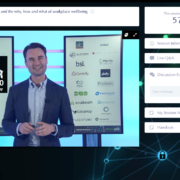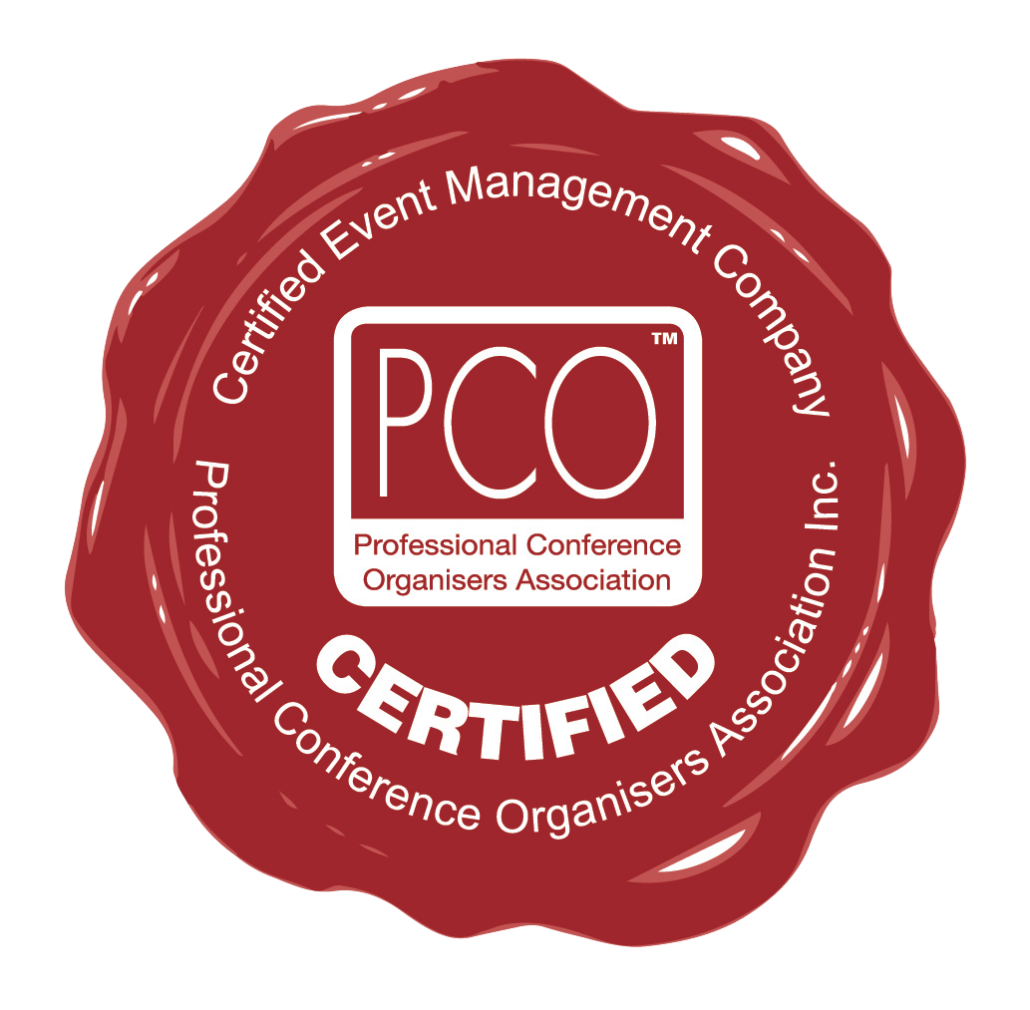Event Security – How to safeguard your event
Arguably event and venue safety and security has never been as challenging as it is today.
Horrendous attacks which have occurred with seemingly increasing regularity have targeted public gatherings and events internationally. The overt and callous acts of terrorists do not respect traditional rules of engagement and the strategy to maximise fear in the community seems to target our workplaces, arena, public venues and places of mass gathering.
Due to this current elevated security climate, it is imperative to strategise and plan early to keep your event safe.
Having a well-prepared strategy will help to safeguard your event.
- It is important to be prepared at all times, keeping up-to-date with the latest in security – not just when an attack or threat occurs
- Cyber security threats to businesses and hacking are also becoming more prevalent
- Having the right resources is crucial to combat attacks
As an event holder, you need to: Identify Threats, Understand Risks, Assess Vulnerability and Implement appropriate security measures.
Cornerstone’s Risk Management Guide:
- Establish the Context and Identify Critical Assets
- Ensure that the Event is clearly defined in terms of scope, context, objectives and critical success factors
- Identify your critical This includes; property and venues, information and reputation
- Identify all key stakeholders; determine their interests and relationships in event risk management activities
- Prepare A Full Risk Assessment:
- Identify all possible risks, threats and vulnerabilities which may become prevalent during the event
- Recognise how these could affect the event, the location, the venue and key stakeholders
- Assess and analyse all stakeholders involved
- Event decisions should depend on a comprehensive Threat Assessment which assesses all potential risks and vulnerabilities associated with the location.
- Risk Identification
- Pinpoint all possible threat types. These include;
- Outsiders (terrorists, civil unrest)
- Insiders (contractors, vendors, visitors)
- Hazards (environmental, medical, travel risks)
- Legal
- Technical /cyber security
- Political (riots / protests)
- Your Team (illness, grievances or industrial action)
- Health and Safety
- Identify any site-specific risks (E.g. drowning, sickness due to local water quality etc.)
- Pinpoint all possible threat types. These include;
- Risk Assessment – Likelihood and Consequence
- Ask these questions:
- Are the risks understood?
- When could the risks occur?
- How likely are the risks going to have impact?
- After identifying possible risks, determine the likelihood and consequence this may cause on the event or company
- Possible impacts may include; injury or death, travel disruption, loss of assets or a cyber attack
- Ask these questions:
- Risk Evaluation
- Assess vulnerabilities:
- What infrastructure is in place?
- What is your cyber capability?
- Are your vendors vetted?
- What are the most serious risks faced by the event?
- Are these risks acceptable?
- Assess vulnerabilities:
- Implement Measures to Safeguard Your Event
- Once risks, threats and vulnerabilities have been analysed, you can then adopt security measures in order to mitigate risks
- Apply suitable and tailored procedures to safeguard your event
- Control Measures Include:
- Physical Security
- Technical Security
- Secure Ground Transportation
- Journey Management
- Medical Support
- Crisis Management
- Implement Security Strategies
- Consult with Security early in planning
- Ensure not only the event location is secure, but also surrounding areas, including travel points and accommodation
- A range of tailored security approaches can be applied to mitigate risk
- Don’t just rely on the venue to supply security management – conduct your own due diligence on third parties at the
- Risk Monitoring / Test and Review
- Work with key stakeholders to ensure balance between security measures and the client’s expectation
- As the event planning progresses continually revise and monitor risks and treatments. Consider if:
- the current treatments are effective, and should additional treatments be implemented?
- What circumstances have changed?
- Are there any new risks?
Cornerstone can offer you specialised Risk Assessment Management and full event security. Talk to us today to have peace of mind when hosting your next event.












